
Kód: 04519408
Faith and Freedom
Autor Michah Gottlieb
Two major interpretations of Mendelssohn's achievements have attained prominence in recent works. One interpretation, defended most recently by David Sorkin and Edward Breuer, casts Mendelssohn as a Jewish traditionalist who uses ... celý popis
- Jazyk:
 Angličtina
Angličtina - Väzba: Pevná
- Počet strán: 224
Nakladateľ: Oxford University Press Inc, 2011
- Viac informácií o knihe

Mohlo by sa vám tiež páčiť
-

Conservation Biology
244.33 € -

UK Airfields of the Cold War
26.32 € -18 % -

Kipling
16.28 € -4 % -
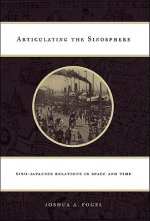
Articulating the Sinosphere
65.25 € -

Understanding Social Science Research
146.70 € -9 % -
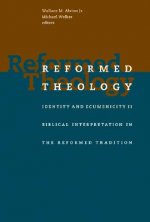
Reformed Theology
50.91 € -4 % -

Bloomington, 1 DVD (englisches OmU)
23.96 €
Darujte túto knihu ešte dnes
- Objednajte knihu a vyberte Zaslať ako darček.
- Obratom obdržíte darovací poukaz na knihu, ktorý môžete ihneď odovzdať obdarovanému.
- Knihu zašleme na adresu obdarovaného, o nič sa nestaráte.
Viac informácií o knihe Faith and Freedom
Nákupom získate 337 bodov
 Anotácia knihy
Anotácia knihy
Two major interpretations of Mendelssohn's achievements have attained prominence in recent works. One interpretation, defended most recently by David Sorkin and Edward Breuer, casts Mendelssohn as a Jewish traditionalist who uses the language of enlightened German philosophy to bolster his pre-modern religious beliefs. The other interpretation, defended by Allan Arkush, casts Mendelssohn as a radical Deist who defends Judaism exoterically in order to avoid arousing opposition from his co-religionists while facilitating their social integration into enlightened European society. In Faith and Freedom, Michah Gottlieb stakes out a middle position. He argues that Mendelssohn defends pre-modern Jewish religious concepts sincerely, but in so doing, unconsciously gives them a humanistic valence appropriate to life in a diverse, enlightened society. Gottlieb sees the Pantheism Controversy as part of a broader assessment of Mendelssohn's theological-political philosophy, framed in terms of Mendelssohn's relation to his two greatest Jewish philosophical predecessors, Moses Maimonides (1138-1204) and Baruch Spinoza (1632-1677). While Mendelssohn's relation to Maimonides and Spinoza has been discussed sporadically, Faith and Freedom is the first book-length treatment of this subject. The connection is particularly instructive as both Maimonides and Spinoza wrote major theological-political treatises and exercised profound influences on Mendelssohn. Not surprisingly, Mendelssohn is deeply ambivalent about both of these figures. He reveres Maimonides for what he sees as his synthesis of Judaism with secular knowledge, while seeming deeply disturbed by Maimonides's elitism, his equivocation regarding many of the tenets of theism, his espousing religious coercion, and his intolerant view of Gentiles. As for Spinoza, Mendelssohn respects him as a model for how a Jew can fruitfully contribute to science and philosophy and be a model of ethical rectitude. But Mendelssohn objects to Spinoza's atheism, advocacy of state religion, debunking of Jewish chosenness, and rejection of Jewish law. For Mendelssohn, reason best preserves human dignity and freedom by upholding the individual's right to arrive at truth on their own and determine their own beliefs independently of all authority. As such, reason demands that the state respect diversity of thought and religious expression. Mendelssohn interprets faith in the Jewish sense as trust in God's providential goodness, arguing that reason affirms this as well. But he recognizes the difficulty of establishing metaphysical truth rationally and so in his final works adumbrates a form of religious pragmatism. The faith-reason debate rages again today. Gottlieb explores Mendelssohn's theological-political thought with an eye to axiological and political dimensions of the debate.
 Parametre knihy
Parametre knihy
Zaradenie knihy Knihy po anglicky Humanities Philosophy History of Western philosophy
136.45 €
- Celý názov: Faith and Freedom
- Podnázov: Moses Mendelssohn's Theological-Political Thought
- Autor: Michah Gottlieb
- Jazyk:
 Angličtina
Angličtina - Väzba: Pevná
- Počet strán: 224
- EAN: 9780195398946
- ISBN: 0195398947
- ID: 04519408
- Nakladateľ: Oxford University Press Inc
- Hmotnosť: 438 g
- Rozmery: 240 × 163 × 21 mm
- Dátum vydania: 24. February 2011
Obľúbené z iného súdka
-

Meditations
8.90 € -26 % -

The Myth of Sisyphus
8.08 € -

Aphorisms on Love and Hate
3.58 € -24 % -
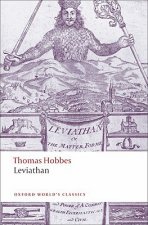
Leviathan
9.52 € -16 % -

Beyond Good and Evil
9.72 € -33 % -

Myth of Sisyphus
11.16 € -23 % -

Existentialism Is a Humanism
8.08 € -28 % -

Simulacra and Simulation
19.15 € -17 % -

At The Existentialist Cafe
12.80 € -1 % -

Ride the Tiger
19.25 € -26 % -
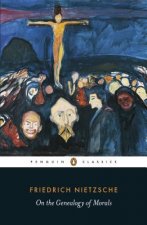
On the Genealogy of Morals
11.16 € -17 % -

Nausea
11.16 € -23 % -

Gay Science
12.69 € -22 % -

Nicomachean Ethics
5.62 € -25 % -
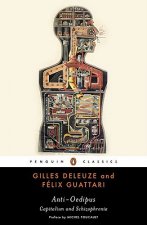
Anti-Oedipus
19.35 € -20 % -
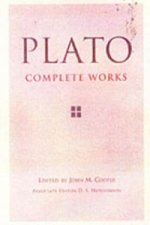
Plato: Complete Works
77.03 € -15 % -
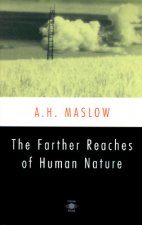
The Farther Reaches of Human Nature
16.38 € -10 % -
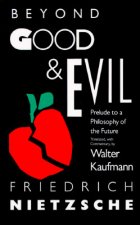
Beyond Good & Evil
12.90 € -21 % -

Thus Spoke Zarathustra
25.70 € -11 % -
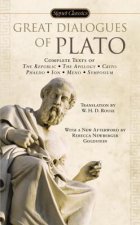
Great Dialogues Of Plato
8.49 € -
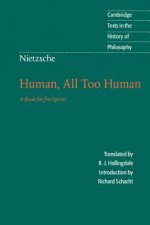
Nietzsche: Human, All Too Human
41.28 € -
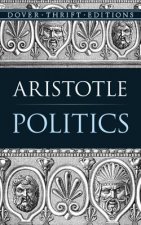
Politics
10.85 € -19 % -
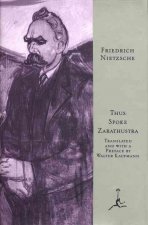
Thus Spoke Zarathustra
19.46 € -17 % -
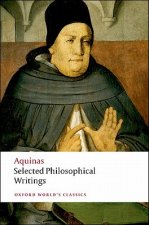
Selected Philosophical Writings
11.57 € -29 % -
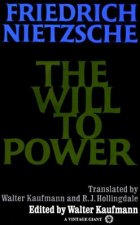
Will to Power
18.02 € -11 % -
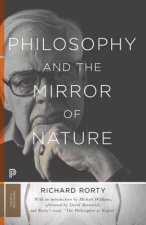
Philosophy and the Mirror of Nature
19.66 € -19 % -
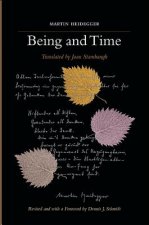
Being and Time
20.58 € -21 % -
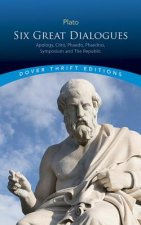
Six Great Dialogues
6.85 € -19 % -
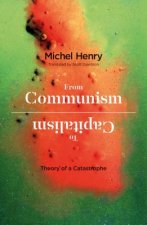
From Communism to Capitalism
70.88 € -

Nietzsche: The Gay Science
23.86 € -1 % -

Meditations
20.07 € -21 % -

Why I Am so Clever
3.88 € -18 % -

Letters from a Stoic
12.39 € -15 % -

Meditations
14.84 € -23 % -
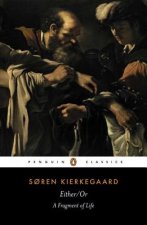
Either/Or
19.46 € -

The Symposium
9.31 € -25 % -

Discourses and Selected Writings
10.95 € -24 % -

Think
12.28 € -23 % -
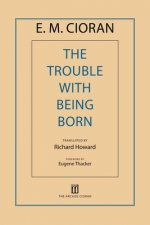
The Trouble With Being Born
11.87 € -27 % -

Spell of the Sensuous
17.10 € -12 % -

Thus Spoke Zarathustra
9.52 € -29 % -

Twilight of the Idols with The Antichrist and Ecce Homo
5.42 € -28 % -
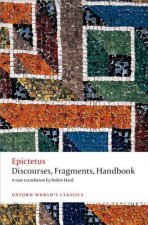
Discourses, Fragments, Handbook
11.67 € -27 % -
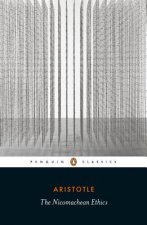
Nicomachean Ethics
11.98 € -17 % -
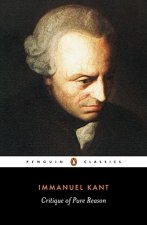
Critique of Pure Reason
17.71 € -24 % -

Socrates' Defence
3.37 € -28 % -

Ecce Homo
9.41 € -28 % -

Human, All Too Human & Beyond Good and Evil
5.93 € -21 % -
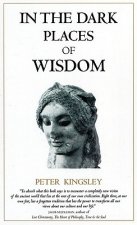
In the Dark Places of Wisdom
13.10 € -24 %
Osobný odber Bratislava a 2642 dalších
Copyright ©2008-24 najlacnejsie-knihy.sk Všetky práva vyhradenéSúkromieCookies



 21 miliónov titulov
21 miliónov titulov Vrátenie do mesiaca
Vrátenie do mesiaca 02/210 210 99 (8-15.30h)
02/210 210 99 (8-15.30h)